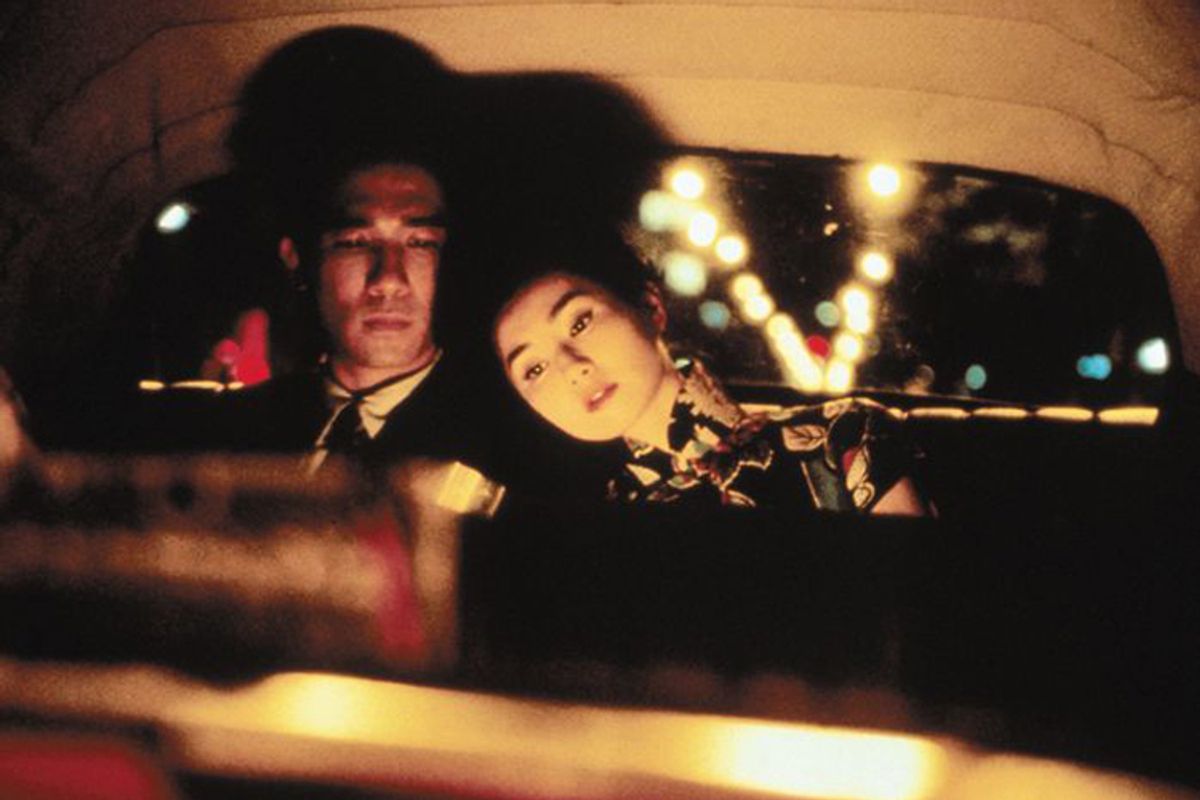Back in 2008, long before the Obama juggernaut was humbled by double-digit unemployment and the war in Afghanistan, a film entered American theaters that seemed to capture the spirit of the political and cultural moment. The story of a young boy defying abject poverty to pursue his dreams, it spoke to the harsh realities that Americans were enduring in the twilight years of the Bush administration, as well as to the hopeful, multiracial future embodied by the half-Kenyan, half-Kansan's historic ascent. Ramin Bahrani's "Chop Shop" demonstrated that you didn’t have to go all the way to Mumbai to make a serious film about poverty and that some of the decade's greatest cinema shared at least one thing in common with such inner-city squalor. It was often lurking right around the corner, in places familiar yet unexpected.
Set in the "Iron Triangle" of Willets Point, a Queens, N.Y., neighborhood of dubious auto-body shops and junkyards, "Chop Shop" immerses us in the daily grind of one of the great child heroes in contemporary cinema. Twelve-year-old Alejandro (Alejandro Polanco) steals hubcaps, haggles for work at a day laborer's stand, hawks bags of candy on the subway with a salesman’s swagger — anything to raise the money to get his sister Isamar (Isamar Gonzales) off the street and to hold on to the plywood hovel the parentless duo call home. Where a lesser director might crank the pathos of this gut-wrenching scenario to 11, Bahrani renders Ale's small victories and crushing defeats without a hint of pity. The film is wonderfully alive to the sights and sounds and textures of Ale's world, registering the boy’s fits of rage and disappointment, amplifying his indefatigable energy. Fluid, colorful compositions pit Ale's slender build against the concrete jungle of his neighborhood, a constant barrage of subway cars and airplanes rumbling in the background, the frame occasionally widening to reveal landmarks like Shea Stadium or the Empire State Building in the distance. With masterful economy, Bahrani brings to life a place that is of our society yet still a world apart.
This sense that one is experiencing something familiar but foreign, evocative yet deeply original, is what makes "Chop Shop" such a revelation. In its technique and its subject matter, the film invites comparison to the work of Satyajit Ray and the classics of Italian neorealism, as well as to recent highlights of socially engaged cinema by the Dardenne brothers ("The Son," "L'Enfant") and Michael Winterbottom ("In This World"). But "Chop Shop" is a quintessentially American film, reflecting a nation where more people are losing their homes, more lack health insurance, and more children live in poverty than did a decade earlier. In 84 tautly structured minutes, "Chop Shop" evokes more vital currents in our national discourse than any of the bloated "issue" pictures offered by Hollywood filmmakers this decade (see Haggis, Paul) or the self-righteous advocacy films that have propelled the recent boom in American documentaries. The hallmark of Bahrani’s cinema is not indoctrination; it is exquisite observation. As in "Man Push Cart" and "Goodbye Solo," the two other incisive portraits of immigrant life that Bahrani has made in the last five years, Ale and Isamar's struggles for survival and their yearning for community speak for themselves.
It is altogether fitting that "Chop Shop" should end on a note of cautious optimism. In one of the great final shots of the past 10 years, Ale and Isamar reunite after an innocence-shattering discovery, pausing to feed a flock of pigeons. The birds suddenly take flight and the camera tilts up, tracking their ascent into the sky. It's one of those spine-tingling moments where any concepts of fiction and documentary recede into the cranial depths, leaving us utterly immersed in one of the rare moments of grace that give a life its meaning.
Film Salon has invited a group of special guests to write about their favorite film(s) of the 2000s. To read the entire series, go here.

Shares